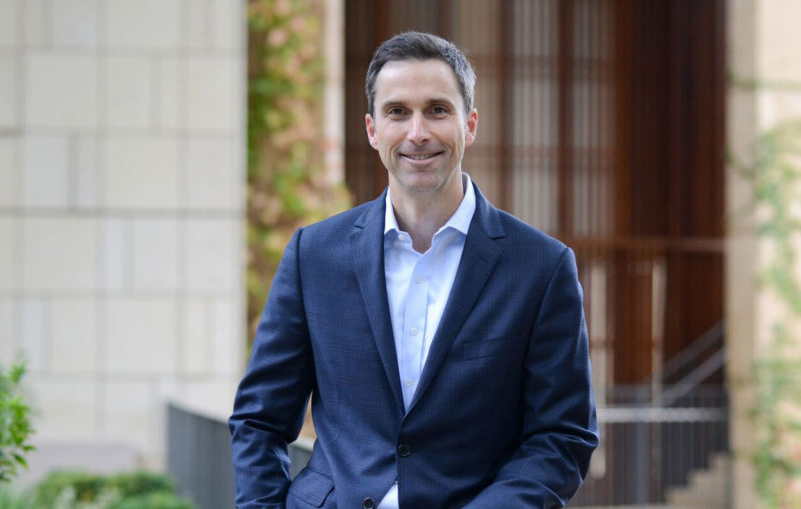Viking River Cruises and the Future of Workplace Regulation

On Wednesday, June 15th, the U.S. Supreme Court interpreted the Federal Arbitration Act (FAA) to block employee lawsuits against employers for workplace violations under the California Private Attorney General Act (PAGA). Here, Stanford Law Professor David Freeman Engstrom and Catherina Xu, a member of the Stanford Law School class of 2024, discuss the Court’s ruling in Viking River Cruises v. Moriana and its implications for the policing of employer misconduct.
What is the California Private Attorney General Act?
PAGA is a state law that deputizes employees as private attorneys general to enforce California labor laws—and those laws, in turn, entitle employees to everything from minimum wage, to overtime, to breaks for meals. Under PAGA, if an employer violates California’s labor laws, an employee can bring an aggregated action against the employer—not just on her own behalf but also on behalf of her co-workers—and obtain civil penalties that would normally be recoverable only by the State. The result is a nifty California-specific whistleblower law that leverages an employee’s insider information about workplace violations while providing an attractive alternative to enforcement actions by resource-strapped state agencies.
Is that why PAGA is so important?

Yes. Because state agencies are resource-constrained, the ability of employees to bring suit is critical in ensuring compliance with state labor laws. Indeed, since its enactment in 2004, PAGA actions have steadily grown, yielding significant recoveries for wage theft, among other all-too-common employer practices.
But PAGA was, until Viking River Cruises, important for another reason. Beginning in the 1980s but picking up speed in 2011 in a case called AT&T Mobility LLC v. Concepcion, the U.S. Supreme Court has interpreted the Federal Arbitration Act (FAA) to preempt state laws that invalidate the arbitration clauses that companies have increasingly imposed on workers and consumers via contracts. This, by the way, is why you likely cannot sue your cellphone provider or credit card issuer in court and, once pushed into arbitration, likely cannot join with fellow customers and seek arbitration on a class-wide basis. Companies have placed class-action waivers in their contracts knowing that many workplace and consumer disputes are low-dollar claims that are not worth enough money for a single plaintiff to pursue. These cases only become viable when aggregated—yet under the FAA, class action waivers imposed by companies are enforceable, full stop, no matter what state laws say.
Many commentators—including Stanford Law’s own Janet Alexander—saw PAGA as an ingenious way around FAA preemption. Because PAGA plaintiffs bring suit on behalf of the public, the thinking went, such claimants were effectively outside the scope of an employer-employee contract and, lacking what amounted to contractual privity, could not be forced into arbitration. PAGA, in other words, offered an end-run around the Court’s increasingly restrictive FAA decisions.
What did the Court hold with respect to the Federal Arbitration Act?
The Court crushed these end-run hopes. The way the Court did so is complicated, but the outcome is clear: With the right contractual provisions in place, California employers can not only force PAGA cases into arbitration, but also duck PAGA liability entirely by ensuring that only individual PAGA actions can be brought. As already noted, turning PAGA actions into solo acts cripples their power, particularly for low-wage workers, who do not typically have substantial damages. No lawyer will take their cases.
Does the Court’s decision kill all PAGA actions?
Not quite. For starters, employees who have not signed arbitration agreements waiving PAGA rights are unaffected. But you can bet that smart California employers will include the necessary provisions in job contracts going forward. In fact, that’s precisely what companies have done after each of the Court’s previous FAA decisions rendering particular types of arbitration provisions fully enforceable.
In addition, some PAGA lawyers see a possible way through. Call it a California two-step: A plaintiff could successfully assert her individual PAGA claims in an arbitral forum, as required by arbitration agreement, then assert the remaining representative claims on behalf of co-workers in court, perhaps even asserting that the arbitrator’s earlier judgment carries preclusive effect. But the success of this approach will depend on further interpretations of PAGA by California courts—and, in any event, could mean years’ more litigation.
What does the Court’s decision portend for workplace regulation, and why should we be concerned?
Cases like Viking River Cruises matter because the use of the FAA to close off private enforcement of workplace regulations has, piece by piece, shut down one of the few remaining ways employees with small-dollar grievances can seek recourse. As noted, the Court’s prior FAA decisions held that employer-imposed agreements compelling arbitration and, further, waiving the right to seek arbitration on a class action basis, are fully enforceable even against powerless employees with no choice but to agree. By making PAGA waivers enforceable, Viking River Cruises can be thought of as the final brick in the wall of the Court’s FAA jurisprudence.
This should concern us because PAGA actions are likely to join the dust heap of ways employees have tried—but failed—to hold unscrupulous employers accountable. Beginning with the New Deal, labor unions helped police corporate behavior, but they have largely disappeared from the American industrial order. And a decades-long attack on federal and state administrative agencies through a mix of legal and budgetary constraints has likewise eroded public enforcement of workplace laws as a deterrent to employer malfeasance, from wage theft to harassment. PAGA actions were one of the few remaining ways to achieve robust enforcement of workplace rules, particularly for the worst-off among us. And, indeed, at least seven states, from Washington to Maine, have considered PAGA-like statutes to grant employees standing to sue on behalf of the state for penalties for workplace violations. The Court’s decision stops all those efforts, and PAGA itself, in their tracks.
David Freeman Engstrom is the LSVF Professor in Law and co-director of the Deborah L. Rhode Center on the Legal Profession at Stanford Law School. He is a far-ranging scholar of public law and the design and implementation of litigation and regulatory regimes whose expertise runs to civil procedure, administrative law, constitutional law, federal courts, legal history, and empirical legal studies. Catherina Yue Xu, JD ’24 (BS/MS ’18) is a student at Stanford Law School. A former product manager at Google, she will be working at the New York State Attorney General’s Bureau of Internet and Technology this summer.
